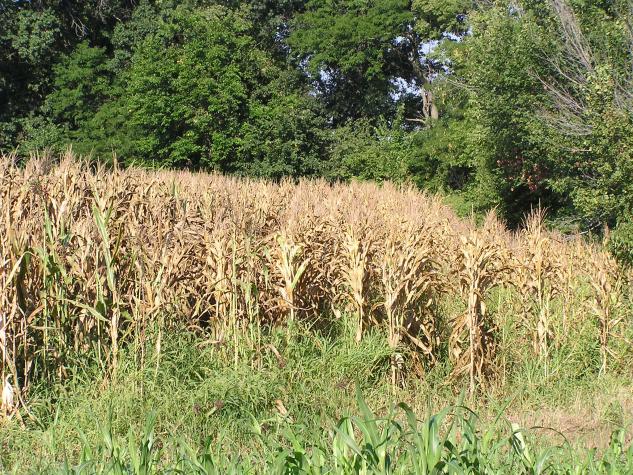
Freezing your credit file
BLUE SPRINGS, Mo. - One of the fastest-growing financial crimes in the country is identity theft. One countermeasure is to freeze your credit file to keep thieves from establishing credit in your name, said a University of Missouri Extension family financial education specialist.

Field borders benefit wildlife on the farm
COLUMBIA, Mo. - Weedy field borders and brushy fence lines may not be attractive to some people, but for many Missouri farm wildlife and game species, those places are prime real estate.
MU students design biodegradable caskets
COLUMBIA, Mo. - Growing interest in environmentally friendly burials has inspired a team of University of Missouri biological engineering students to develop plans for caskets made of biodegradable materials, including linoleum."Biodegradable caskets lack contaminants that would otherwise seep into the groundwater and surrounding ecosystems," said Ben Goldschmidt, a senior in biological engineering from Columbia.
Ice melters may harm nearby trees
COLUMBIA, Mo.- Homeowners should be careful when using ice melters close to trees this winter, said a University of Missouri Extension forester. "Nearly all ice melters are salts," said Hank Stelzer. They work by lowering the freezing point of water to well below 32 degrees.
Warm winter days still bring risk of hypothermia
COLUMBIA, Mo. – People outdoors for prolonged periods are at risk of hypothermia even on warm winter days, said a University of Missouri safety specialist.“People relate hypothermia to subzero temperatures or falling through thin ice into freezing water,” said Karen Funkenbusch.Hypothermia can occur at much higher temperatures, even 50 or 60 degrees, particularly in wet and windy conditions, she said.
Flooded wells may be contaminated; use shock chlorination to disinfect water
COLUMBIA, Mo. - When large amounts of rain fall over a short period of time, private wells may be flooded by rising rivers or runoff. "Wells could be contaminated with bacteria, viruses or parasites that can make you ill," said Bob Broz, an MU Extension water quality specialist.Water from a flooded well should not be used for drinking or food preparation until the well and plumbing system have been disinfected and the water has been…
MU scientists explore techniques to help farmers limit spread of antibiotics in animal waste
Researchers test low-cost methods to reduce antibiotic runoff from animal waste and protect soil and water quality.
Trapping still best for removing nuisance moles; repellents, baits and poisons often inadequate
COLUMBIA, Mo. - Homeowners may see some unwanted excavation in their lawns and gardens this time of year-the work of moles. Homeowners should forgo homespun remedies such as razor blades, bleach, lye or human hair, said Robert Pierce, University of Missouri Extension wildlife specialist. Repellents and toxicants also often fail to provide adequate control.
Put some thought into choosing the right lawn-care service
COLUMBIA, Mo. - Homeowners should put a lot of thought in selecting the right lawn-care service, said a University of Missouri turf grass scientist."You should always follow some basic guidelines in choosing a lawn-care company," said Brad Fresenburg.First, know what lawn- or landscape-care services you want. Ask several companies what services they offer and ask for client references.
Tips for growing asparagus
BLUE SPRINGS, Mo. - Asparagus is a dependable perennial vegetable, often lasting in the garden for more than 15 years. Asparagus is an excellent source of folic acid and a good source of vitamin C, potassium, B vitamins, copper, vitamin A, iron, phosphorus and zinc. To successfully grow asparagus, it is important to select both a good permanent site and a cultivated variety suitable to the area, said Lala A. Kumar, University of…
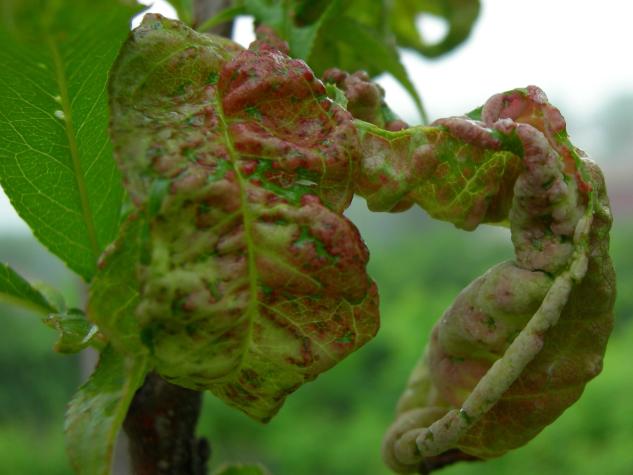
Prevent peach leaf curl
BLUE SPRINGS, Mo. - Leaf curl is a troublesome disease of peach, nectarine and related plants. "Leaf curl is worse when the weather is cool and wet," said Lala Kumar, University of Missouri Extension horticulture specialist. Leaves infected with the fungus Taphrina deformans become thickened, curled and grossly deformed or puckered. As the disease progresses, the leaf gradually changes color to light green, gray and yellow. Early leaf…
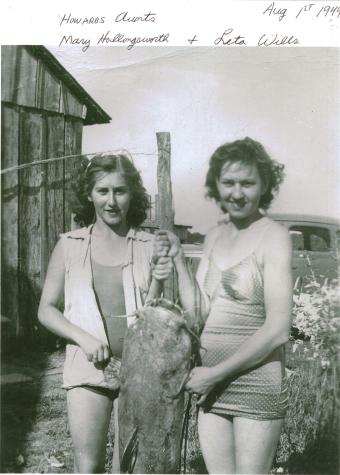
The noodler and the damage done
COLUMBIA, Mo. - Mark Morgan has no desire to catch fish with his bare hands, but that hasn't stopped him from becoming an expert on the controversial sport of hand fishing, also known as "noodling."Noodlers land catfish without rod, reel or other equipment. When you're noodling, your hands are the bait, so when the fish are biting, they're biting you. Noodling is legal in only about a dozen states, not including Missouri.
Planting time calls for extra safety precautions
COLUMBIA, Mo.-Planting time is one of the riskiest periods for farm injuries and fatalities-and a time for farmers to develop a professional attitude towards safety, said a University of Missouri farm safety specialist."Review equipment manuals. You may be less familiar with seasonal equipment than with equipment you use daily," said Karen Funkenbusch.As farmers plant this year's crops, they should keep in mind several recommended…
Smooth the transition to summer visitation
BLUE SPRINGS, Mo. - With the end of the school year approaching, divorced and separated parents need to plan ahead for summer visitation arrangements for their children, said a University of Missouri Extension human environmental sciences specialist.
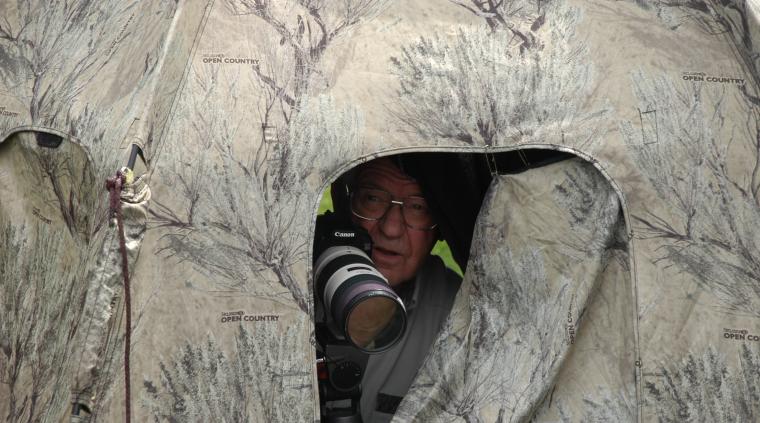
Nature photographers share tips for taking outdoor photos
NEW FRANKLIN, Mo. - Have you ever snapped a picture of a striking outdoor vista only to find that the image recorded by your camera is less than impressive? Taking good outdoor photographs doesn't necessarily require lots of expensive equipment or advanced technical skills, according to two of Missouri's premier wildlife photographers. However, it does take persistence and a practiced eye for details.
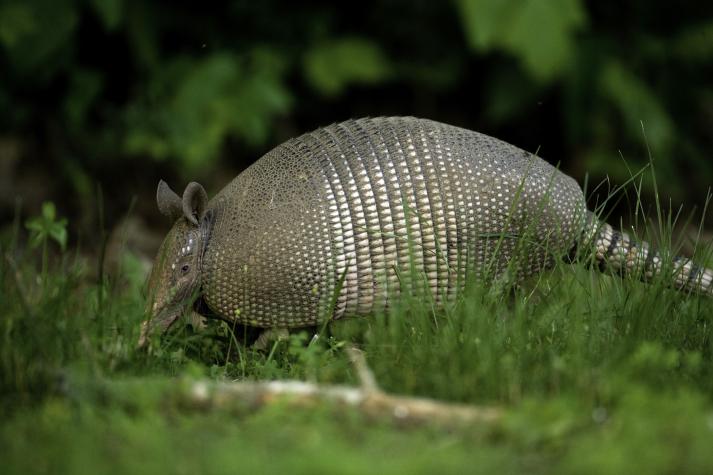
Armadillos increasingly at home in the Show-Me State
Armadillos are spreading across southern Missouri, causing damage to lawns and gardens. Learn how to prevent, control and live with them.
Fuel-saving tips for Memorial Day auto travelers
COLUMBIA, Mo. - While record-high fuel prices may keep more Americans home this Memorial Day weekend, AAA estimates that at least 31 million Americans will still hit the highways.Motorists can use basic fuel-saving tips to take some of the sting out of soaring gas prices."You can increase fuel efficiency in several ways," said Leon Schumacher, a University of Missouri professor of agricultural systems management specializing in fuel-…
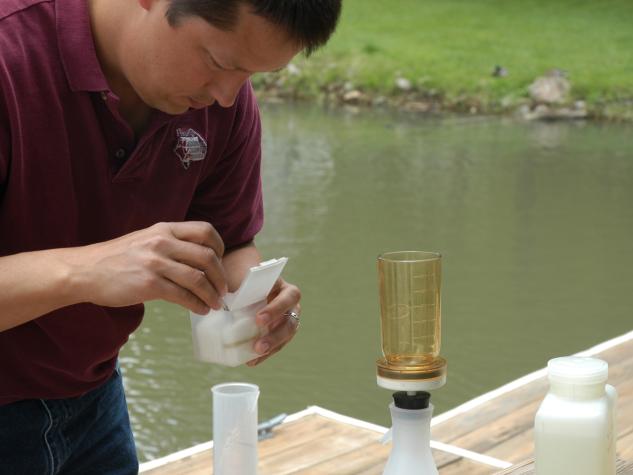
Volunteers across the state crucial to monitoring water quality in Missouri’s lakes
Volunteers help track water clarity and nutrients in Missouri’s lakes, providing vital data to protect ecosystems and local communities.
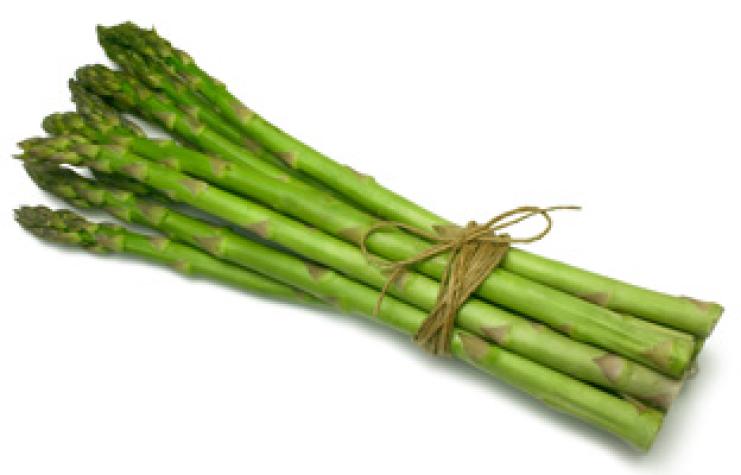
Asparagus is a heart-healthy choice
A nutrient-packed vegetable rich in folate, vitamins A, B, C and iron, asparagus may support heart health, ease digestion, and act as a mild sedative.
The nutritious advantage of nuts
BLUE SPRINGS, Mo. - Nuts are high in calories and fat, but those calories are loaded with nutrition. "Nuts in moderate amounts daily can make a huge difference in your health," said a University of Missouri Extension nutrition and health specialist.
Compost can improve the quality of your garden soil
Enhance your garden soil naturally by using compost to improve texture, nutrients, and water retention for healthier plants.
Fragrant plants give gardens an extra dimension
COLUMBIA, Mo. - Home gardeners may want to plant flowers for their fragrance as well as their appearance, said a University of Missouri horticulturist."Fragrance gardening deals with creating a garden that excites the sense of smell as well as that of sight," said David Trinklein. "Fragrant plants can turn an attractive garden into an unforgettable one."
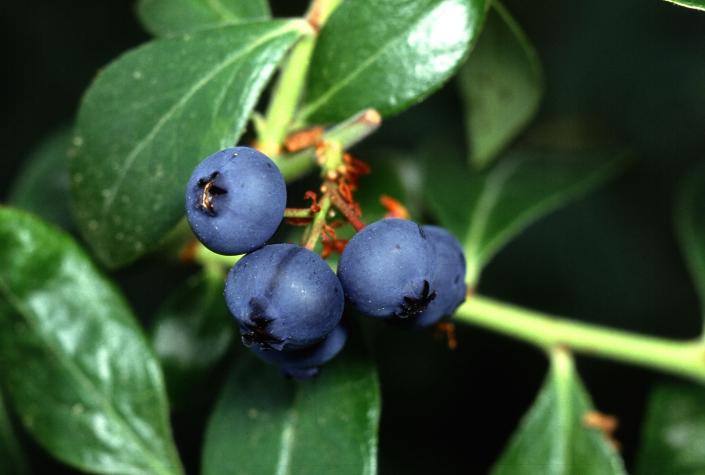
Boost your health with blueberries
Fresh blueberries pack high levels of antioxidants, especially anthocyanidins, to help neutralize free radicals and support long-term health.
Fermented mulch can strike 'sour' note with landscape plants
COLUMBIA, Mo. - Fermented or "sour" mulch from large batches hit with too much rain can damage the leaves and stems of annuals, perennials and small woody plants, said a University of Missouri Extension horticulturist."The excessive rain across the state can cause large stockpiles of mulch to ferment," said Chris Starbuck. "With the onset of warmer weather, the compounds produced by fermentation volatize quickly after the mulch is…
Disaster plans critical for flood plain residents
Flood plain residents should have a disaster plan, prepare documents, medications, and an evacuation kit for safety.
